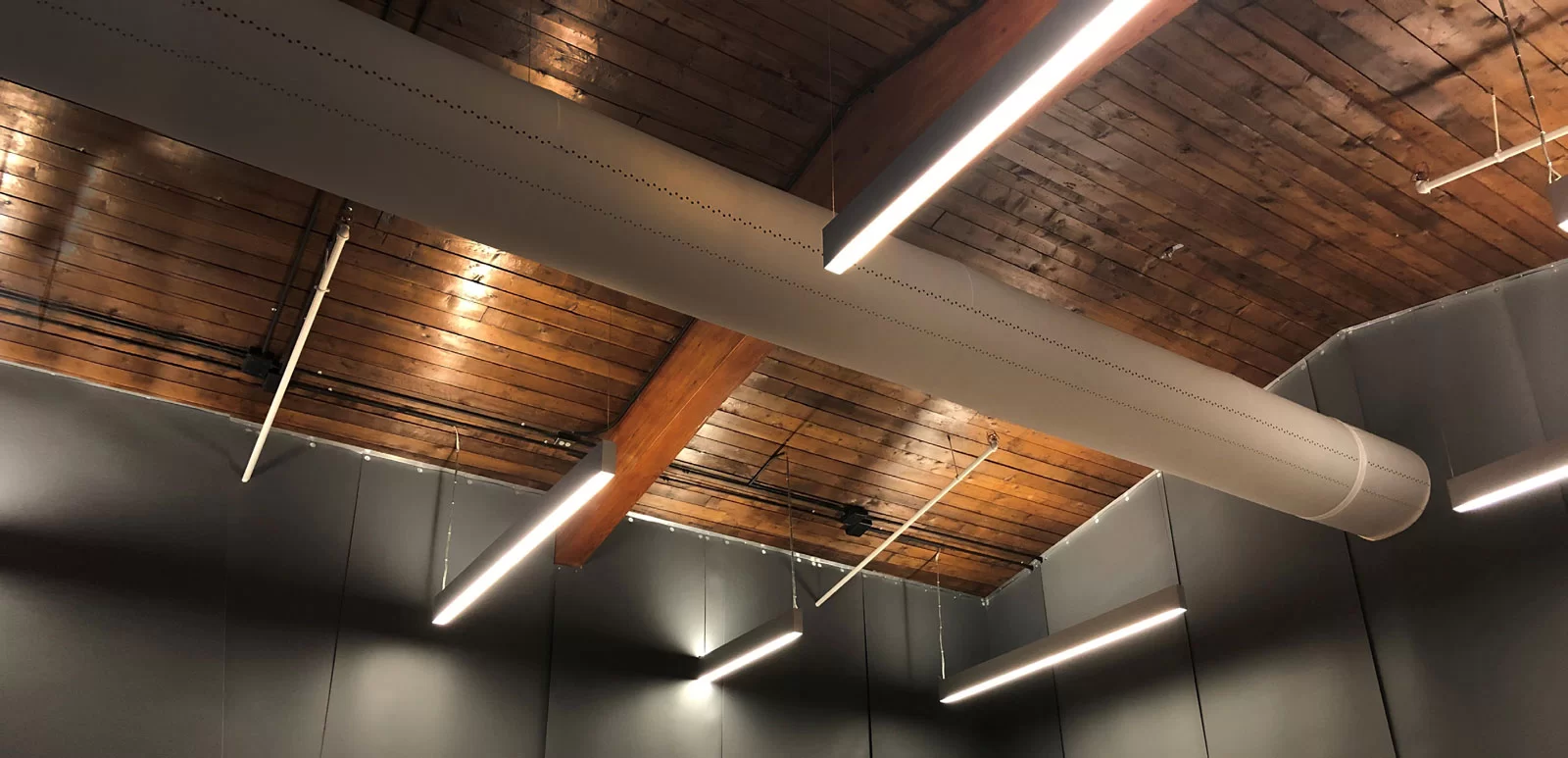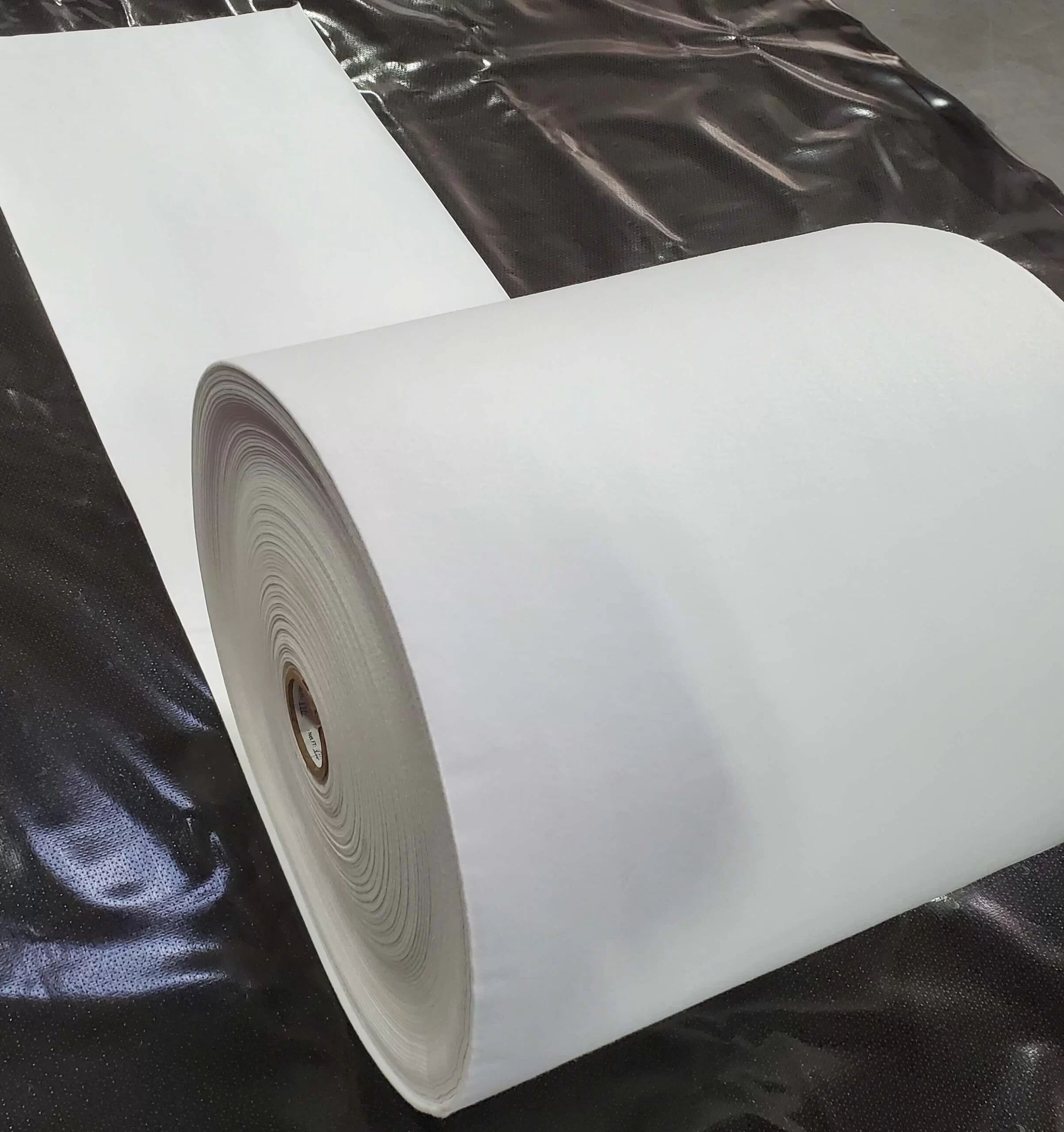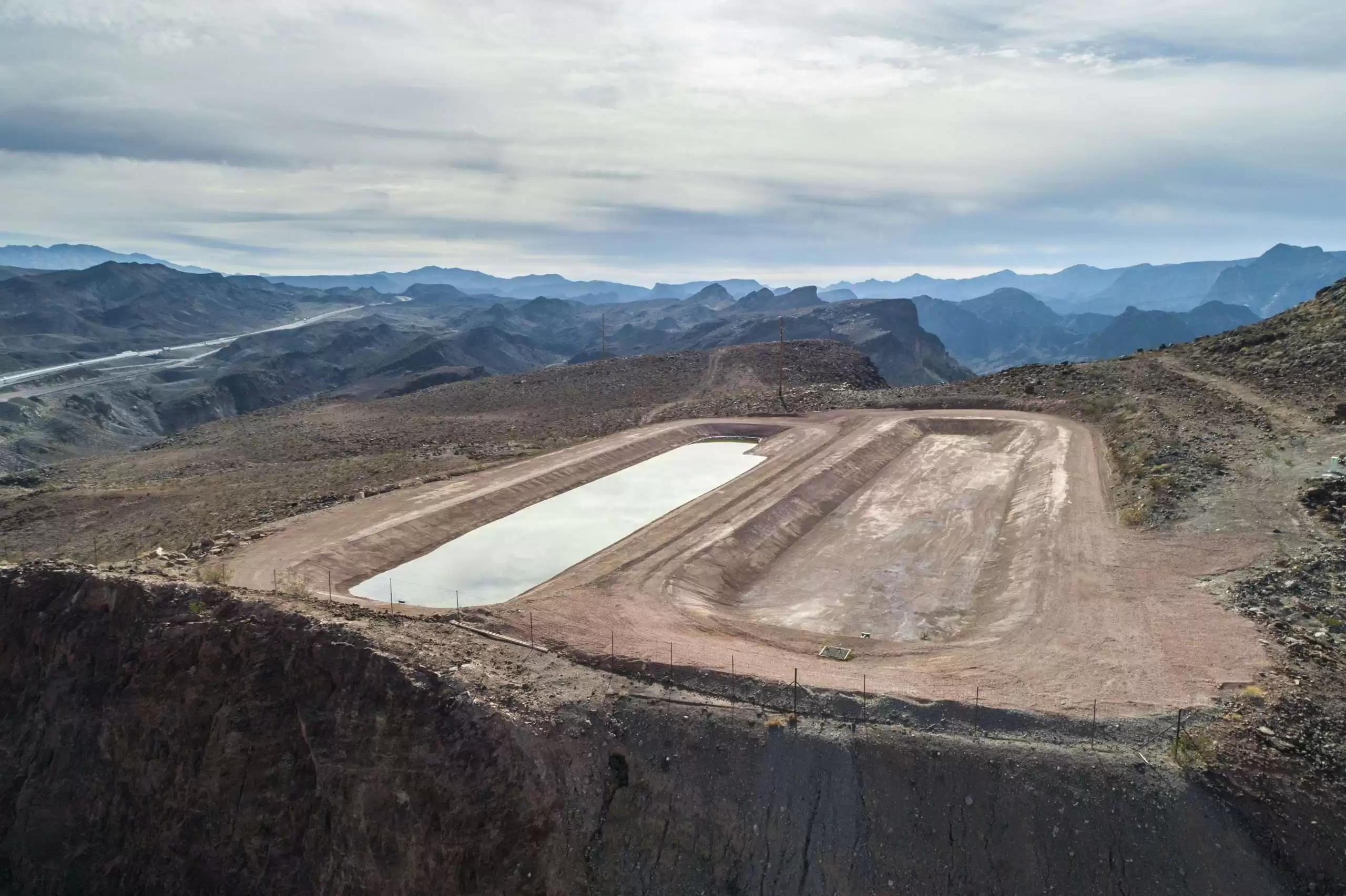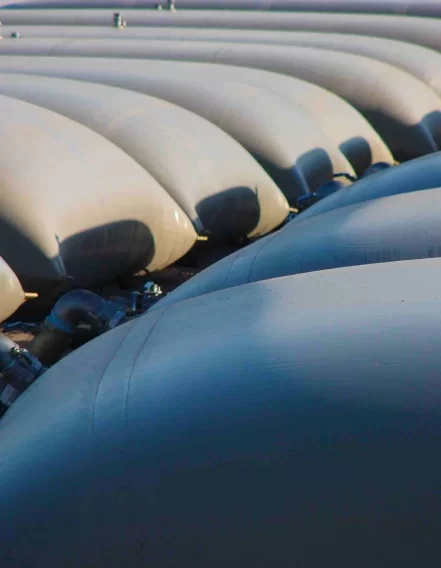Reinforced geomembranes are becoming increasingly popular in the biogas and biodigester industry due to their effectiveness in containing gases and liquids, preventing leaks, and ensuring the durability of the systems. Biogas and biodigester applications involve the storage and processing of organic materials to produce biogas, a renewable energy source. The use of reinforced geomembranes plays a crucial role in maintaining the efficiency and safety of these systems.
One of the key advantages of using reinforced geomembranes in biogas and biodigester applications is their exceptional strength and durability. These membranes are typically made from high-quality materials such as EIA, TPU, LLDPE and PVC, which are designed to withstand the harsh conditions present in biogas and biodigester facilities. The reinforcement in these membranes, such as woven or non-woven geotextiles, enhances their tensile strength and tear resistance, making them highly reliable for long-term use.
In biogas and biodigester applications, containing gases and liquids is essential to prevent leaks and contamination of the surrounding environment. Reinforced geomembranes provide an impermeable barrier that effectively seals the storage and processing units, maintaining the integrity of the systems. This containment capability is crucial for ensuring the efficient production and storage of biogas, as well as the proper treatment of organic waste materials.
The chemical resistance of reinforced geomembranes is another important factor that makes them ideal for biogas and biodigester applications. These membranes are specifically engineered to resist corrosive substances, such as acids and gases, which are commonly found in biogas production facilities. By using reinforced geomembranes, operators can effectively protect the underlying soil and groundwater from potential contamination, ensuring environmental safety and compliance with regulatory standards.
Furthermore, the installation of reinforced geomembranes in biogas and biodigester systems is relatively straightforward, making them a cost-effective solution for containment and storage needs. These membranes can be customized to fit the specific dimensions of the storage units, minimizing material waste and installation time. Additionally, the long service life of reinforced geomembranes reduces the need for frequent maintenance and replacement, resulting in overall cost savings for facility operators.
In addition to their functional benefits, reinforced geomembranes also offer environmental advantages in biogas and biodigester applications. By preventing leaks and spills, these membranes help minimize the risk of soil and water contamination, preserving the surrounding ecosystem. The use of biogas as a renewable energy source further contributes to environmental sustainability by reducing greenhouse gas emissions and reliance on fossil fuels.
Overall, the use of reinforced geomembranes in biogas and biodigester applications represents a reliable and efficient solution for containing gases and liquids, maintaining system integrity, and ensuring environmental protection. As the biogas industry continues to expand globally, the demand for high-quality geomembrane solutions is expected to grow, driving innovation and advancements in this field. By utilizing reinforced geomembranes, biogas and biodigester facilities can optimize their operations, enhance safety standards, and contribute to a more sustainable future.
Contact E Squared to speak with an application specialist to learn more about our reinforced polymer product solutions for biogas collection and biodigesters, along with products for all your environmental applications.










